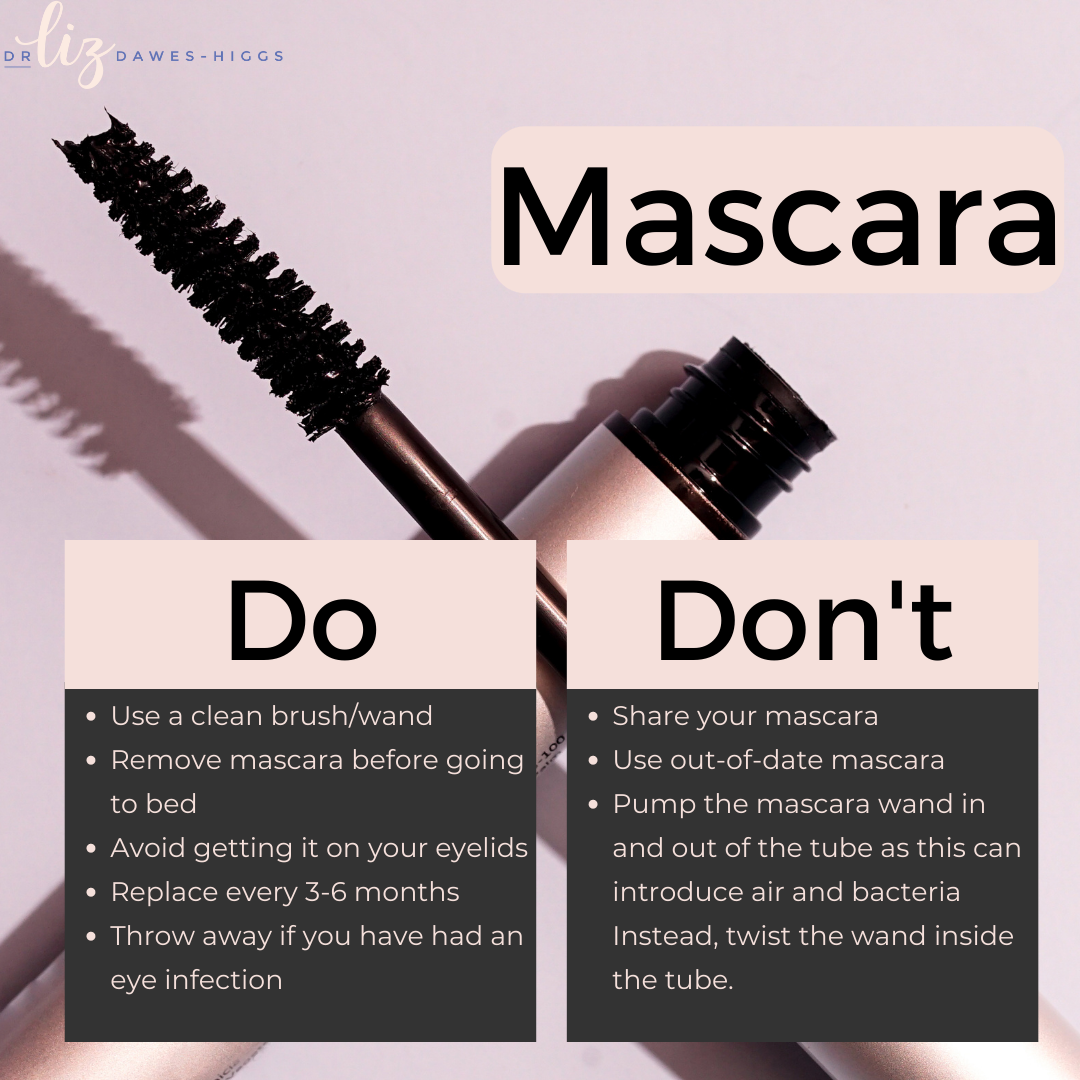Topical Skin Care Advice
Keeping your skin healthy is very important. Good skin care involves using the right skin cleanser and moisturiser for your skin. Read more about these and Dr Liz's top tips for keeping your skin healthy.
Skin Cleansers
The role of a cleanser is to remove dirt and oil from your skin. Some of the older types of cleansers have an alkaline pH and can do more harm than good. These are the cleansers that tend to foam up alot. They can damage the skin by stripping it of its natural oils. These natural oils help prevent water evaporating from the skin. Newer cleansers on the market try to reduce irritation and dryness whilst still getting rid of dirt, oil and bacteria from the skin. This means that they wash as well as moisturise and that is the key. These newer cleansers contain a mild surfactant and an emollient. The emollients act by providing a protective moisture barrier to the skin.
So, in summary, mild cleansers don't tend to strip away natural skin oils that make your skin dry, itchy and accentuate wrinkles.
What is a Soap-Free Substitute?
A soap-free substitute is an alternative to soap. These are especially beneficial for dry and sensitive skin or for those with allergies and skin conditions such as eczema and psoriasis. A normal soap is not formulated with the right pH balance and this can dry and irritate the skin.
What are 'Cleansing Oil' Products?
Cleansers with an oil can leave behind a protective layer of moisture to prevent the skin from getting too dry. This is a great option for dry skin types and also for use in the winter months. Don't forget that whenever you are using a new product you should first test a small amount on your inner forearm for allergies.
Skin Moisturisers
A moistuiser is used to prevent dryness and to prevent the loss of water through the top layers of the skin. Moisturisers make the skin appear smoother and give it a softer feel. The best way to lock in moisture is to apply a moisturiser after a shower or bath.
Moisturisers can do 3 things. They can replace the natural oils in the skin (such as sorbolene cream), they can attract water into the skin (such as a urea based product) or they can provide a barrier over the skin (such as white soft paraffin).
Generally, you need a thicker moisturiser in winter than what you do in summer. So choose an oil based moistuirser rather than a water based one, especially in the winter months.
What is the difference between a lotion and a cream?
Lotions are thinner than creams and contain less oil with more water. Lotions are better for oily skin, in summer and those prone to acne. Creams are better for more mature skin, dry skin and in winter or colder climates. One option is to use a lotion during the daytime and a cream at night.
Should I use a different moisturiser and cleanser as I age?
In general, younger skin needs a lighter moisturiser that doesn't exacerbate acne prone skin and clog pores. As we age, we need to moisturise our skin more and be careful not to strip our natural oils away with harsh cleansers. Skin that is dry accentuates wrinkles. As skin ages it takes longer to recover from skin damage so prevention is very important. Products containing alpha hydroxy acids are great for more mature skin but they can be irritating and drying so they are not for everyone. Also, creams containing tretinoin (a script product) are great for fine lines and skin clarity by helping to remove dead skin cells. For this cream, and to assess if this is right for you, please make an appointment to see Dr Liz Dawes-Higgs on (02) 9958 1555.
Top Tips For Keeping Your Skin Healthy
Moisturise your skin at least once daily
Use a soap free substitute that doesn't contain colours and strong fragrances
Apply a sunscreen, even in winter
Use a lip balm with a sunscreen in it
Avoid toners, astringents and harsh facial masks that can all be drying
Take shorter showers or baths and don't make them hot
Pat your skin dry after a shower or bath
What are the Do’s and Don’ts for using mascara?
How often should i change my mascara?
I typically recommend replacing mascara every 3-6 months. Mascara is a breeding ground for bacteria, and as you use it, bacteria can accumulate on the brush and in the tube. Over time, this can increase your risk of developing an eye infection or irritation.
Using expired mascara can also lead to changes in the consistency, color, and smell of the product. Expired mascara can become clumpy, dry, or thick, and it may not apply smoothly or evenly. It's best to err on the side of caution and replace your mascara regularly, even if it still looks and smells fine.
If you've had an eye infection or any other eye condition, it's important to replace your mascara right away to avoid reinfecting yourself. And if you notice any changes in your mascara, such as a change in color or consistency, or if it starts to smell bad, it's time to replace it, even if you haven't reached the three-month mark yet.


